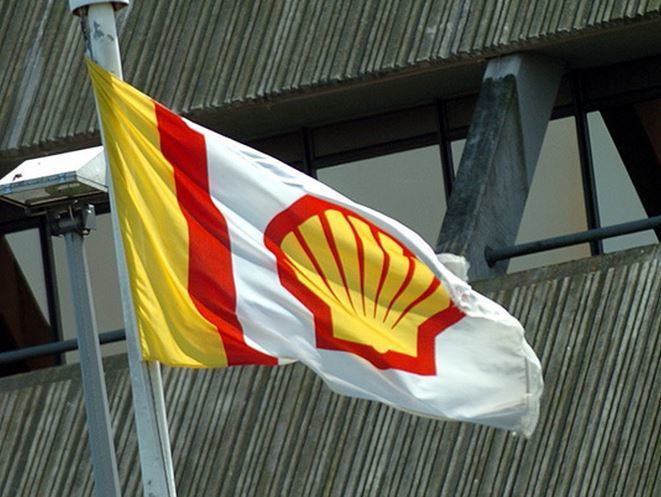
Oil majors BP and Shell are closing in on realising key objectives for production and fundraising, an analyst has said.
Speaking after the dust settled on the latest round of quarterly results updates, Iain Armstrong of Brewin Dolphin said Shell should have no problem reaching its divestment target of £23billion for 2016-18.
Shell chief financial officer Jessica Uhl said £15billion worth of asset sales could be chalked up to the divestment programme, which was put in place to help balance the books following the merger with BG Group.
Mr Armstrong said: “They’ve got another year to get there, but the oil price is getting better rather than worse, so there should be no problem getting rid of non-core assets.”
He also said BP was well on its way to reaching its target of bringing 800,000 barrels of production per day on stream from new projects by 2020.
So far this year, production has started from six major global projects BP is involved in, including Quad 204, which started pumping west of Shetland in May.
Mr Armstrong also said oil companies are now in a more robust economic environment than in the first quarter of 2016, when crude prices dropped below $28 per barrel.
He said: “Every decade has seen some major change that oil companies have had to cope with. But I’m confident we’ve got a reasonably robust underlying environment for those companies to operate in now. It’s just a matter of them executing their plans.”
Oil majors have posted strong increases in profits in each quarter this year, a feat made easier by the fact that crude prices were markedly lower throughout 2016.
BP’s pre-tax profits for the third quarter of 2017 totalled £2.23, up from £1billion a year ago, while revenue increased by 27% to £46billion.
Meanwhile, Shell recorded third-quarter, pre-tax profits of £4.3billion, up from £1.4billion last year. Revenues rose 22.5% year-on-year to £57.9billion.
But the comparative oil price might not be as favourable next year.
Mr Armstrong said it was not yet clear how recent events in Saudi Arabia would affect crude prices going into 2018.
Large numbers of officials and businessmen have been detained in a crackdown on corruption in what Mr Armstrong described as the “most volatile situation in the Middle East since the Arab Spring”.
Oil prices rose amid concerns about the political and economic stability of the Kingdom, but Mr Armstrong said he thought US shale would soon “step in to keep things under control”.
Brent crude now sits around $63.87.
Mr Armstrong also said oil producing nations have shown “good discipline” in sticking to output cuts which have been in force since the start of this year – a trend he expects to continue.
“If they’ve got sense they’ll continue,” he said. “At the first sign of not being disciplined, hedge funds will put the oil price down and that does not help big projects.”
Mr Armstrong said BP and Shell’s sensitivity to oil price volatility would be lower.
He said: “Across the board, the sector has set itself a much lower oil price for the long term.
“But they’ve also provided themselves with a degree of flexibility if the oil price does not turn out the way they think.
“What we’ve got to test now with the situation in Saudi Arabia is whether the oil price is going to be $60 in 2018. Most have got $60 forecast from 2019 onwards, so we’re a year ahead.”
BP chief financial officer Brian Gilvary said the company continued to plan for an oil price of between $50-$55 going into next year, but could live with $45 a barrel.
Mr Armstrong said BP was one of that companies that could “flex” if price assumptions are misguided.
BP expects organic capex of $15-$17billion per annum from now until 2021.
Mr Armstrong said: “If the price is $60 they can go to $17billion, but if the price goes to $40 they’ll flex it, which means putting projects on hold, trying to sell assets and going to $15billion.”
Recommended for you

